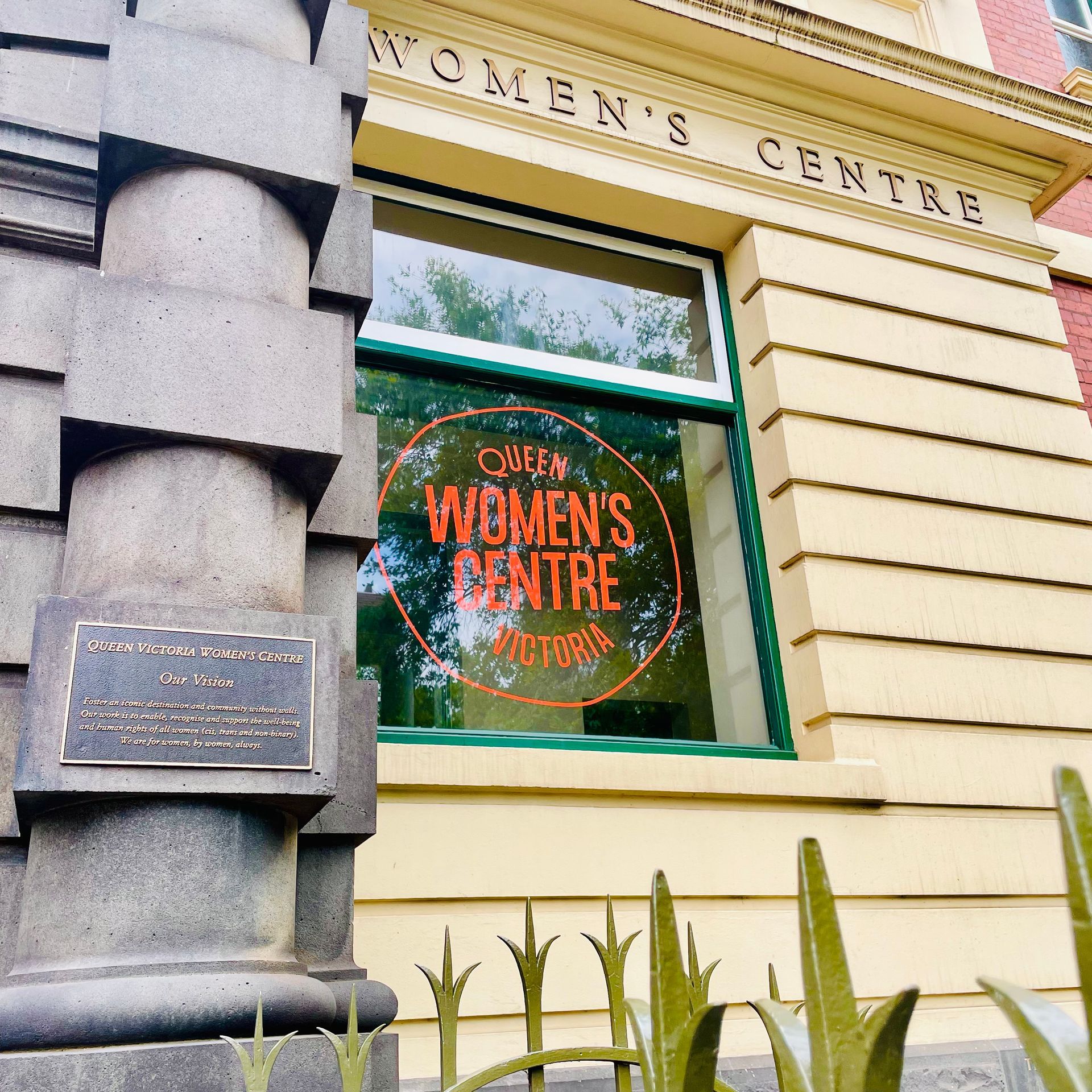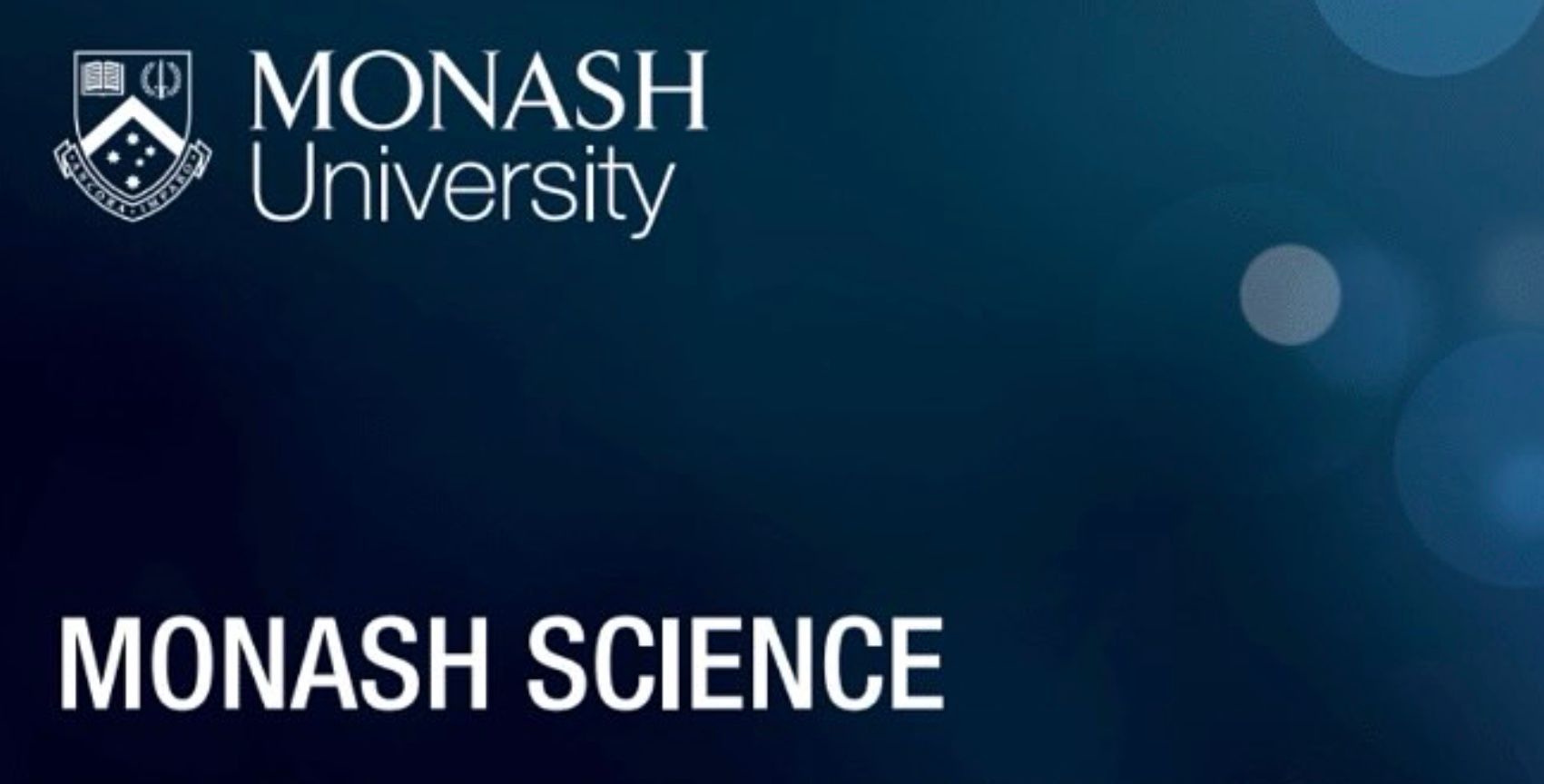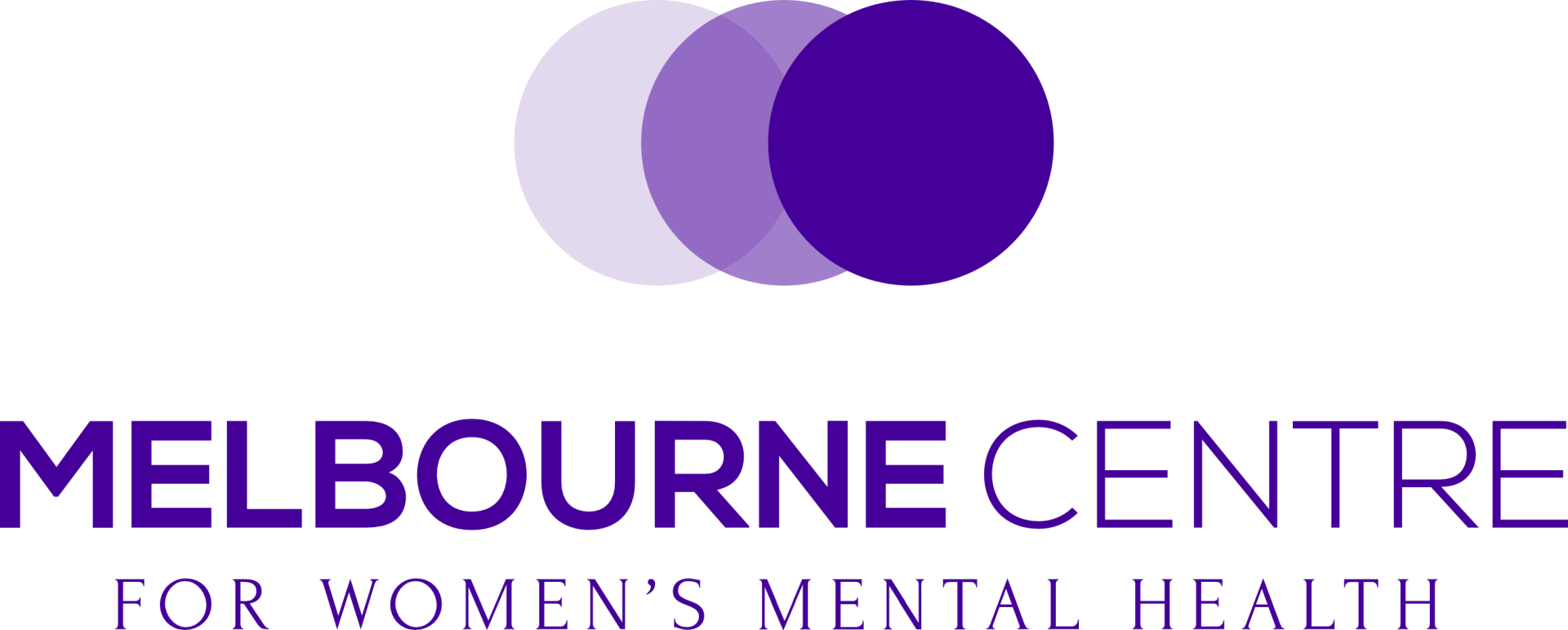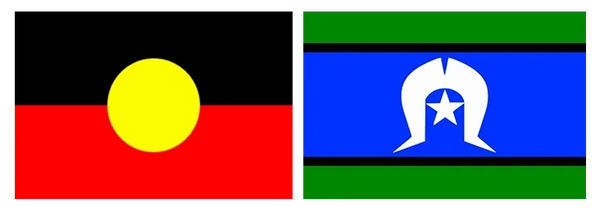Self-care in Times of Crisis
It’s clear the year 2020 has tested us as never before. What is not clear is how to respond to the seemingly endless crises, calls for help, stressors and where our own self-care sits in relation to caring for others. In times of crisis we may feel frustrated, angry or upset and unsure what to do. Even if we are not directly affected by the crisis going on around us, it is common to consider, ‘If many people are suffering, It’s selfish to tend to my needs.’ Similarly, ‘Surely, I don’t deserve self-care because we, as a world, are in crisis.’
Self-care has previously been defined as, ‘The care taken by individuals towards their own health and well-being, and includes the care extended to their children, family, friends and others in neighbourhoods and local communities[1].’ Self-care understood in this way speaks to care as a collective, as we are interconnected, our own self-care impacts on the care of others. What comes first? Well, As stated in NU Sci ‘Ultimately selfcare is the foundation upon which all other care is built.’
Here are some self-care ideas for you to consider.
Turn it off
For a lot of us, a feeling of anxiety occurs from a culmination of overexposure to news and social media. The anxiety and stress comes from hearing about threat, risk and danger which activates our nervous system. In particular, our fight /flight response (the natural inbuilt survival mechanism that gets the body ready to ‘fight’ danger, run (take flight), or freeze and hide. By distancing ourselves from the exposure to threat, risk and danger, we allow our nervous system time to recover.
- We can turn off our phone or the television and take a break from the streams of information affecting our nervous system. Do this, not as a way to ignore what is happening in the world, but as a way to nurture yourself and maintain your wellbeing. Time away from the screen will no doubt assist in effective self-care.
- When you do look at your screen, make sure you choose a couple of reliable and trustworthy news sources and only look at them once or twice a day.
- Try not to consume every different opinion on the internet or multiple channels.
- You can check your screen time on your phone to keep it under a max number of hours as well.
- You may even find it helpful to let the people around you know that you prefer not to talk about certain topics that commonly cause you distress. You can do this in a several different ways including steering the topic of conversation in a different direction, by respectfully removing yourself from certain discussions that may not be serving you in the moment, or clearly asserting you prefer not to discuss it.
Create safety in the body
To counter the feeling of instability we feel outside of ourselves we need to continuously nurture a sense of stability within ourselves.There are several approaches to creating safety that all effect a soothing of the nervous system and fight/flight response. Acknowledging our physical, emotional, social, and spiritual needs may take some practice but is a worthwhile pursuit. Ask yourself, ‘What do I need right now, tomorrow and further in the future?’ It can be as simple as needing a wholesome meal, a walk, a bath, or needing to create a routine that supports positive habit development in an on-going way. Whilst you may find this difficult to begin with, you will notice that the more you practice this skill, the easier it will become to be mindful of your personal internal needs and create a sense of safety within your body.
The following prompt may assist with regularly checking in:
Physical
— Diet, sleep, exercise
Emotional/psychological
— Sense of order, control, achievement, release of emotion, regulation
Social
— Connection, validation
Spiritual/Values
— Giving, compassion, meaning
Maintain structure in your day
With so many of us staying home for days on end, it can be easy to fall out of our usual helpful daily routines and slip into unhelpful habits. This can include changes in sleep and wake times, eating times, exercise routines, work structure and self-care practices.
NB: A lack of predictable routine exacerbates the impact of any and all other uncertainty brought about by crisis. Comparably, a healthy daily routine can increase a sense of structure and stability in your life.
- Pay particular attention to diet, sleep and exercise as a way to structure your day.
- You may also add meditation, games or other forms of brain stimulating activities as regular features.
- Preparing for bed and resting the body and mind at a regular time in the evening is beneficial, as is waking up at around the same time every day.
- Eating at scheduled meal and snack times is another great way to structure the day.
Get some fresh air
If you are in the fortunate situation where you're allowed to go outside, try to regularly go for a walk, roll, skate, or ride. If you are unable to leave the house, open a window, even for a little while, to let in some fresh air. Fresh air contains more oxygen than indoor air. The oxygen cleanses our lungs and increases the amount of serotonin (the happy hormone) in our brain.
Call someone special
We may not be allowed to see the people that mean a lot to us right now. However, most people are able to call or video call their loved ones for free these days. Make time to have a conversation with someone special to you. There is nothing more grounding than a laugh and chat with someone you trust and care about.
Laughter
Watch something funny. An old favourite comedy movie or news bloopers on YouTube.
If you have access to the internet we recommend this.
Other resources
- If you’re experiencing difficulty managing self-care and would like extra support, please contact us for information about our psychology service.
- Practice some Art Therapy via our YouTube channel. There you will find instructional videos by our Art Therapist Caryn Griffin who teaches us how to draw without fear as well as how to use watercolours.
- Our senior Dietitian Diane Rennard is also available to answer any questions you have about diet and nutrition during lockdown and beyond.
By Phoebe Cannard-Higgins, Dr Sonja Skocic and Aphrodite Vlahos.
Further resources
Life Line 13 11 14
Beyond Blue 1300 224 636
[1] 2005 the UK Department of Health
Our Partners
Queen Victoria Women's Centre

Monash University

Therapeutic Programs - Administration and Intake:
Email: womensmentalhealth@protonmail.com
Phone: (03) 7044 6711
Monday - Friday 9AM - 5PM
Research and Publications:
Email: melbcentreresearch@protonmail.com
LOCATION:
Queen Victoria Women's Centre
Level 2, 210 Lonsdale Street
Melbourne VIC 3000
We respectfully acknowledge Aboriginal and Torres Strait Islander people as Australia's First People and Traditional Custodians. We respectfully acknowledge the Traditional Custodians of the land on which our Centre operates, the Wurundjeri people of the Kulin Nation. We pay our respects to Elders past, present and emerging.


